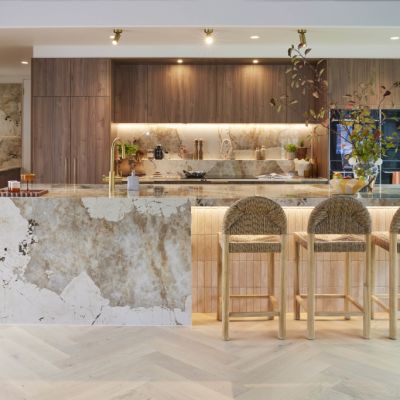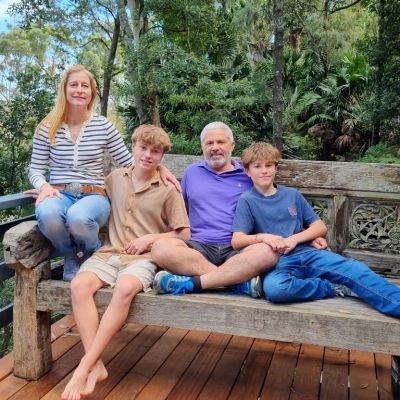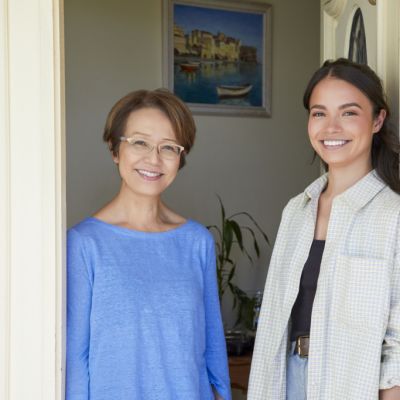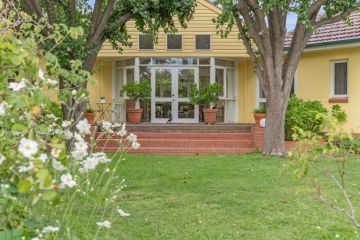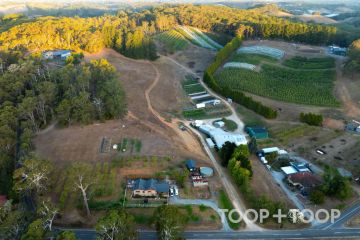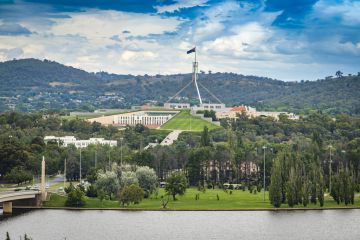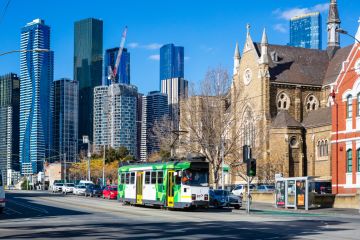The surprising cohort working to cure Australia's loneliness epidemic
You may be surrounded by people on all sides, above and below you, but with apartment living, it can be loneliness – not love – that is all around.
So, after a new report titled Social Connection in Australia 2024 found that one in three Australians today feel lonely, and one in six experience severe loneliness, apartment developers, designers, and community workers are making a massive effort to ensure that everyone feels the love.
“Loneliness can have huge ramifications on people’s physical and mental health and can have an impact on communities and workplaces, and create a real burden on the economy, too,” says associate professor Michelle Lim, Australia’s leading scientific expert on loneliness and a research fellow at the Swinburne University of Technology in Melbourne. She’s now also the scientific chair of Ending Loneliness Together, a national network of organisations addressing the growing problem.
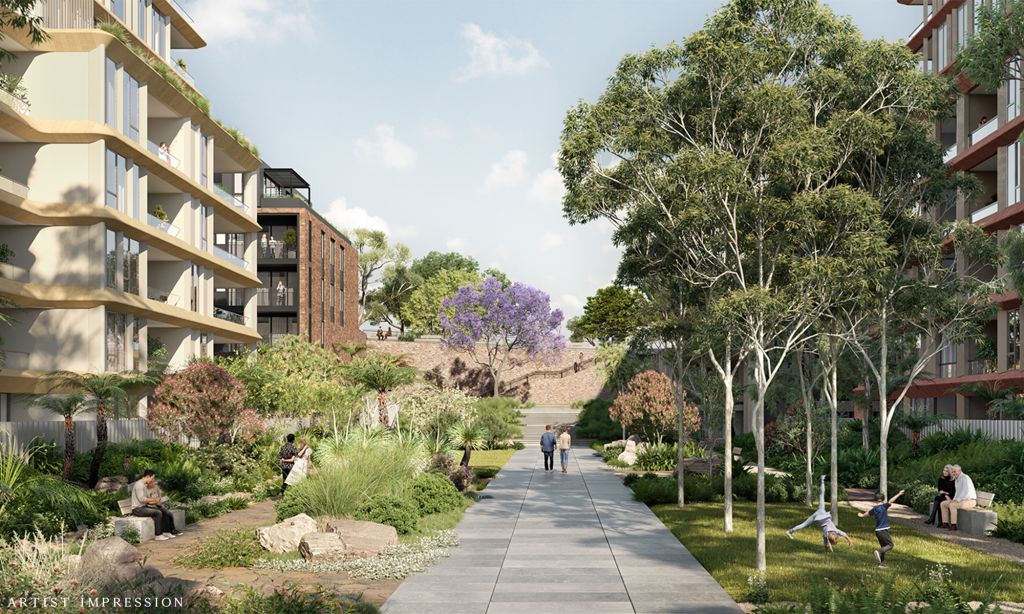
“We’re trying to come up with effective strategies to counter social isolation and I think we’re making headway in getting more people to be aware of the problem. People often don’t understand how to address loneliness, and simply putting people together is often not enough. We need meaningful connections.”
Apartment developer Mirvac has been focused on this for some time. The company designs its buildings and complexes with a number of communal spaces to enable residents to come together and then draws up schedules of events to help the mix.
“We really focus on creating and curating that community experience so design and develop apartments that enhance that sense,” said Warwick Bible, Mirvac general manager, development NSW. “It’s really important to us to bring residents together and that’s our standard, going forward.”
At the company’s latest master-planned development, the 10-building NINE by Mirvac at Willoughby, Sydney, there are plenty of those spaces, from communal lounge and barbecue areas in buildings to parks, a playground, a room with a fireplace and a community clubroom that’s bookable for dinners and parties. A community co-ordinator also organises a range of social events, including author talks, pickleball competitions and meet-your-neighbour nights.
When Maurice Bouloux met his new neighbour-to-be Ana Paya while they were both inspecting off-the-plan homes for sale at NINE, they struck up a conversation that deepened into a firm friendship when they moved in. Now, the pair regularly share meals at each other’s apartments, shop and garden together, and attend events.
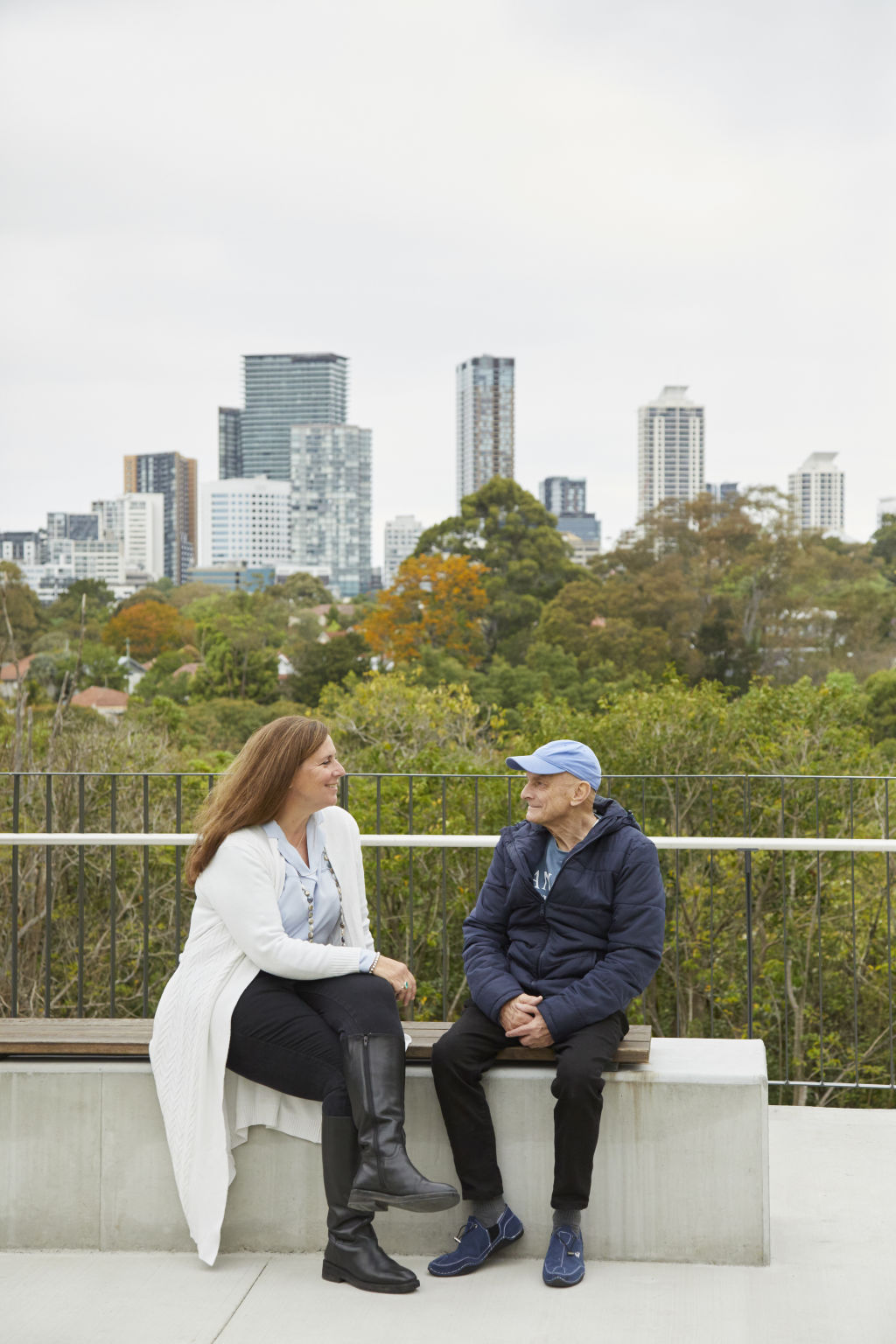
“I love spending time with Ana,” says Maurice, 75, a former airlines executive who has lived alone since the death of his partner, Gordon. “We’ve become very good friends.”
Ana, similarly, has become very fond of her neighbour. “We go to each other’s places and help each other out,” says the 55-year-old business consultant. “He’s always willing to come on any adventures, and we’re good company for each other. We’re always having tea or coffee or sharing recipes.”
In Melbourne, R.Corporation is another developer concerned about forging bonds between people. “We consider how every aspect of our developments will elevate our residents’ lifestyles, including their wellbeing and social connections,” says marketing co-ordinator Seve (correct) Russo. “We are committed to fostering a strong sense of community.”
At their latest project, the 31-storey R.Iconic in South Melbourne, events are held in the building’s common areas and nearby cafes and restaurants. There’s also a gym, pool, sauna, steam room, running track, gardens, cinema, karaoke room, two private dining pavilions, two BBQ areas, a fire pit and a lounge on the 30th level. There’s also an app to help residents communicate.
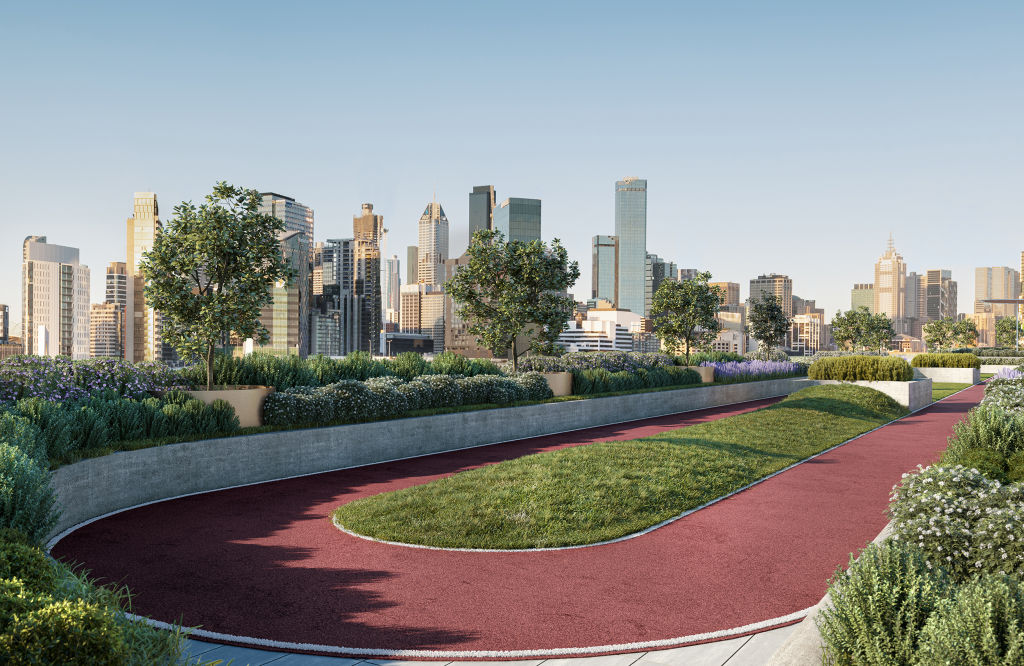
A study by Dr Alexandra Kleeman of RMIT University looked at the design of apartment buildings and how they might prevent loneliness. “If designed well, communal areas can be an important resource for residents, providing additional space and opportunities for recreation and socialisation,” she says.
Another development in Sydney, EG’s Flour Mill at Summer Hill, spawned the not-for-profit Little BIG Foundation, which has a mission to tackle loneliness in Australia through places, programs and events for social connection.
Everyone in the area is welcome to take part in any of the 90-odd events that take place a month, with board games, beer tasting, yoga, sewing classes … anything anyone wants to put on. “The sales period of the Flour Mill happened during a pandemic lockdown, so we put pancake mixes on people’s doorsteps and had a band serenade them on their balconies,” says foundation chief executive Sarah Mathews.
“Afterwards, we wanted to see that activation continue and prevent loneliness from occurring. It’s been so successful, we’re now at an early stage of conversation with a couple of other developers and we’re also working with offices to run events to help their social cohesion. It’s the way of the future in beating the curse of loneliness.”
States
Capital Cities
Capital Cities - Rentals
Popular Areas
Allhomes
More
